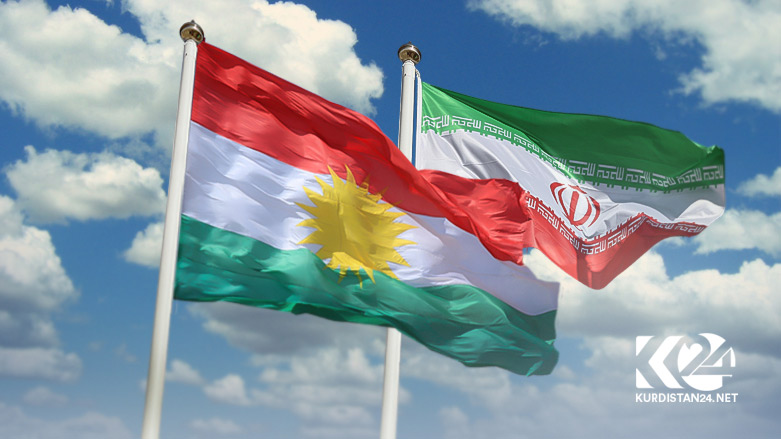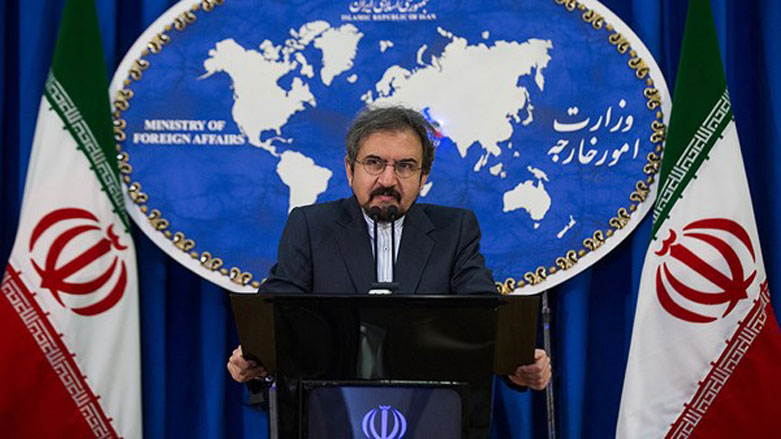WATCH: Interference a barrier for peace, security in MENA says Kurdistan FM
ERBIL, Kurdistan Region (Kurdistan24) – Peace and security cannot be achieved in the Middle East if countries continue to interfere in each other’s internal affairs, said a senior Kurdish official on Saturday.
During an international conference in Istanbul titled “Towards a New Security Architecture for the MENA Region,” the Head of the Kurdistan Region Department of Foreign Relations Falah Mustafa discussed peace and security in the region.
“Iraq never had a strategy to solve the Kurdish question because when they were weak, they would go for dialogue [but] when they get stronger, they would invade...and attack the Kurdistan Region,” Mustafa said.
He stated the Middle East and North African region were abundant and diverse in human and natural resources.
Mustafa mentioned peace had been very challenging to obtain in the region because countries continued to interfere in each other’s internal affairs by supporting opposition parties.
“Have we been able to live in peace? Can we name two [neighboring countries that] are living in peace and cooperation? No,” he said.
The redrawing of the boundaries against the will of people, dividing nations, families, and tribes had failed, according to the Kurdish official.
“We live in an area which is full of problems,” Mustafa explained, stating Kurds were continuously oppressed in Iraq throughout history.
The Foreign Minister added Kurds still do not see themselves as partners in the current state of Iraq.
“What’s there in the constitution [of Iraq] and papers haven’t been translated into action. We have to be more courageous and more determined to address the problems and find peaceful means of coexistence,” he stated.
Kurds in the Kurdistan Region started to gain prosperity, security, and stability in 1991 because they established a committed leadership who had a vision, Mustafa said.
Regarding whether the MENA countries were ready for dialogue to solve problems, he mentioned how Iran immediately rejects Kurds’ call for self-determination whenever the topic is discussed.
“I’m talking about something within Iraq. It’s between Erbil and Baghdad. Why should Iran [have] the right...to tell me [Kurds] don’t deserve [independence],” Mustafa stated.
Moreover, he questioned why Iran deserved to have a state of their own but not Kurds.
The Kurdish official emphasized countries had to be realistic, accept each other, and stop the language of fragmentation.
Kurds had played a significant role in rebuilding Iraq, yet they were punished rather than rewarded, Mustafa concluded.
The Kurdish minister was referring to Baghdad cutting the Kurdistan Region’s federal budget share and lack of military support for Peshmerga in the fight against the Islamic State.
Editing by Karzan Sulaivany


